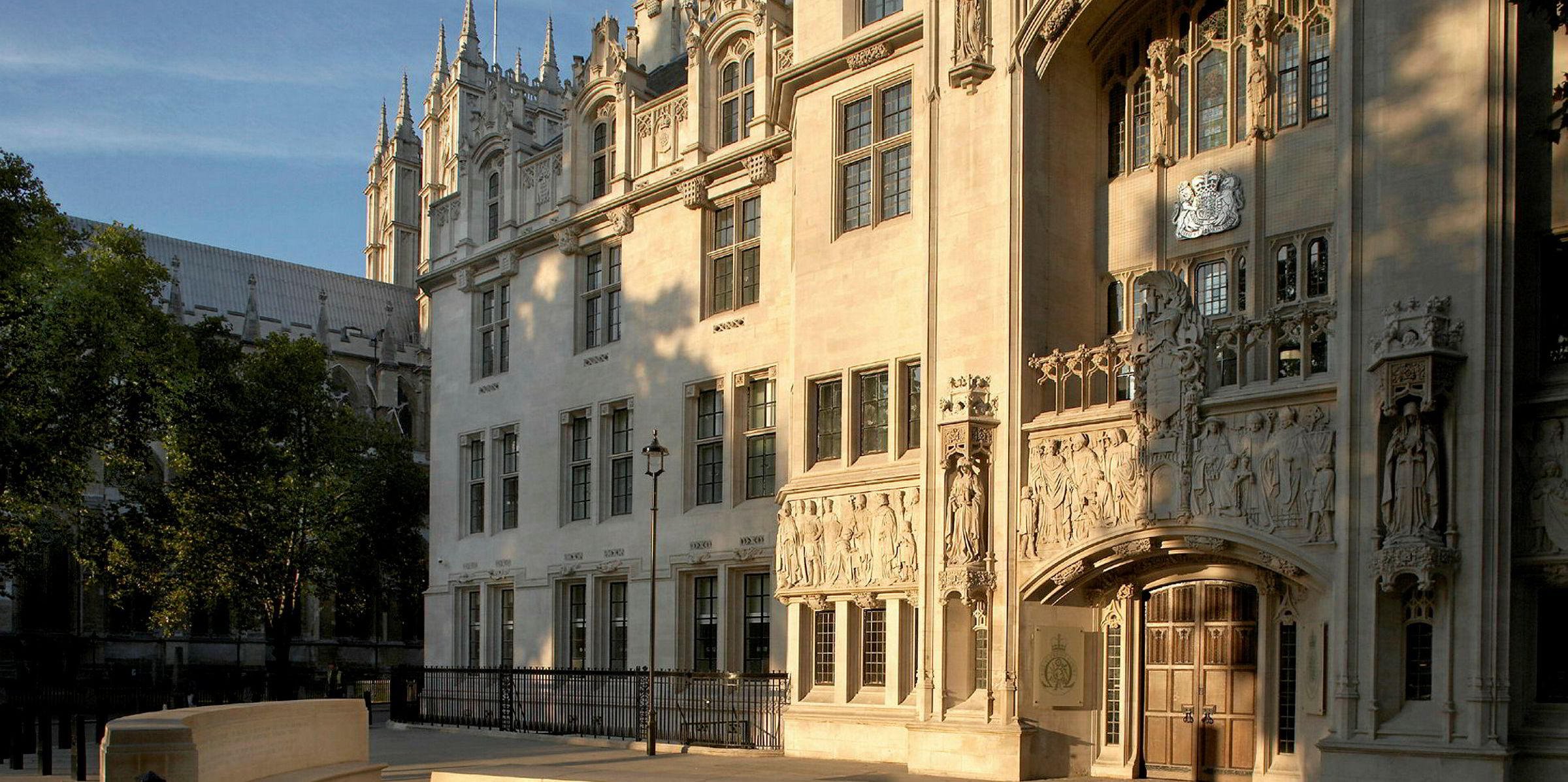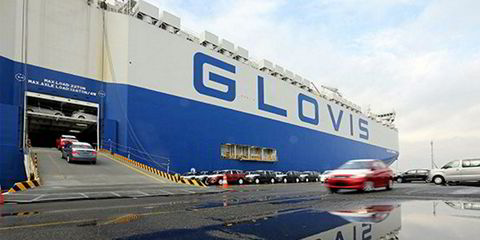The UK Supreme Court has ruled that insurers cannot pursue claims in England to recover $22m paid out for a bulker that was later determined to have been scuttled by its owners.
The insurers, which include Aspen Underwriting, have been pursuing legal action in London to recover the sum, on the basis that it was a fraudulent claim.
The cash was paid under a settlement agreement following the total loss of the 27,209-dwt geared bulker Atlantik Confidence (built 1996), which sank in the Gulf of Aden in 2013.
But after the payout was made, London's Admiralty Court found the vessel had been sunk deliberately by its master and chief engineer on the instructions of Turkish shipowner Ahmet Ali Agaoglu.
In late 2018, the underwriters failed to recover the payout in the Court of Appeal, which found in favour of Netherlands-based Credit Europe Bank.
The Turkish-owned bank had refinanced the vessel, on which it had a mortgage and was the assignee of its insurance policy.
The 2018 ruling was upheld on Wednesday by seven Supreme Court judges, who agreed unanimously that the insurers’ appeal should be dismissed and the bank’s appeal should be allowed.
The judgment, which was handed down on Wednesday by Lord Patrick Hodge, declared that the High Court does not have jurisdiction over any of the insurers’ claims against the bank because the financier was not a party to the insurance policy.
Key findings
The policy under which the Atlantik Confidence was insured contained an exclusive jurisdiction clause in favour of the courts of England and Wales, which was a contentious issue in the case.
Credit Europe Bank argued that the Netherlands is the proper jurisdiction for the litigation.
"Under EU law, a jurisdiction agreement will only bind a party if there is actual consensus between the parties which is clearly and precisely demonstrated," Lord Hodge said in his written Supreme Court judgment.
The Supreme Court found that as an equitable assignee of the insurance policy, Credit Europe did not take on the owners’ obligations under the policy.
Neither was the bank entitled to assert its assigned rights in a way that was inconsistent with the terms of the policy, including the jurisdiction clause, according to judgment.
"Not being a party to the policy, it is not required to submit to the jurisdiction of the English courts in an action brought by the insurers," the judgment said.
Nature of the dispute
The insurers began legal proceedings in the London High Court against the owners and Credit Europe, seeking to set aside the settlement agreement and recover the sums paid under it, either in restitution or as damages for alleged misrepresentations by the owners and the bank.
In its defence, the bank challenged the jurisdiction of the High Court to hear the insurers’ claims against it, on the basis that the case should be heard in the Netherlands.
In two first-instance judgments, Judge Nigel Teare held that the Credit Europe was not bound by the exclusive jurisdiction clause in the insurance policy.
He also ruled that the bank was not “the weaker party” in relation to the insurers, which would have allowed the bank to have been sued in the Netherlands, under the protections of Article 14 of the Brussels Regulation Recast.
Teare also found that the High Court had jurisdiction to hear the damages claims under the Brussels Regulation, but not the restitution claims, since these did not relate to tort.
The Court of Appeal upheld Teare’s decisions, but the insurers and the bank each appealed to the Supreme Court, where Credit Europe was ultimately successful.




